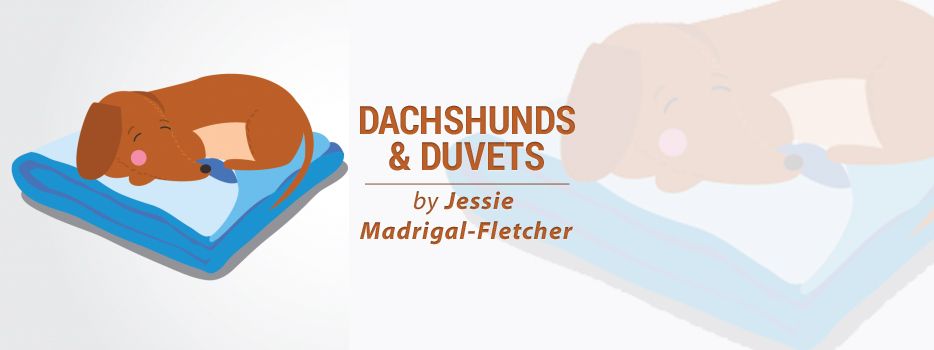There are many things my dog and I share. We both hate being woken up early and being touched by strangers. One thing we don’t have in common is shame. He, of occasional bad breath and questionable odor, has none. I have lived with bucketloads of that sticky substance.
As a little girl in Catholic school, I learned about guilt, a powerful tool our teachers used to instill in us a moral compass. But when my peers and I became teens, we were often scolded with shame. Any act of rebellion meant being called out and labeled a Mary Magdalene fiend.
As soon as I got my first period, I was told to sit down quietly and tell no one. “Hide your bleeding, it’s gross.” Just like each of my friends, I became a pro at passing around tampons and pads, the forbidden stash, like an extra in an episode of “The Wire.”
Shame is not only powerful, it is universal.
It is used by the father who tells his son he will never be good enough for daring greatly, choosing a different path to that of his progenitor. Shame can also be triggered through a bitter “who do you think you are?” to the girl who chooses books over the chores assigned to her because of her gender.
If we walk outside the boundaries many don’t dare step over, we are “othered.” If we don’t relent, we are shamed.
Those who regularly shame others become good at it.
They’ve been doing it all their lives, maybe seeking acceptance within their social spheres through gossiping. Maybe it’s how they were brought up.
The true power of shame is that it can come from people we think matter, and this is where we are mistaken. The universal truth about those who inflict shame on others is that their view of the world is actually quite reductive and unimportant.
Some words from Theodore Roosevelt explain this point really well: “It is not the critic who counts; not the man who points out how the strong man stumbles. … The credit belongs to the man who is actually in the arena.”

The arena can be a doctor’s office, an operating room, an audition, or a protest calling for equal rights. The arena is the daily life of anyone with a “different” lifestyle.
My shame was triggered when told I looked disheveled right before a social event. When I was reminded of my uselessness at building a family. When I was labeled a “whore” by someone I loved. Over time, I internalized these shaming comments, hearing them even when completely alone.
My response to shame was to make myself smaller. If I went unnoticed, no one could hurt me. Being unimportant felt safe.
Shame also destroyed my ability to discern between cruel criticism and what was said out of love. When others asked me about my health, I stopped recognizing it as care and saw it as a further attack.
Shame is incredibly damaging and relentless.
When it comes to women’s reproductive organs, shame shuts down important conversations. The stigma around periods keeps any abnormalities a secret, and endometriosis an awkward topic. The norm is to suffer silently, ignore symptoms that are not OK, and fail to ask for help.
Shame sticks like glue. And it is up to us to get rid of it, recognizing the worthlessness of those who shame us, and carrying on with our personal battles, our choices, our unique lives.
Today I am behaving as shamelessly as possible.
I am not scared of saying anything “improper.” My periods feel as heavy as 17 pounds of jam. My pain is akin to having nails inside of my vagina. My hormones make me sweat so much I have to shower twice a day. Also, no babies for me since my uterus cannot hold on to a fetus … so what?
Oh, and Mary Magdalene was a warrior.

I now only listen to those who love me because of my “imperfections.” Those who hang out with me because of my silly jokes, liberal views, and my obsession with leopard print and drag culture. Those who will call me out when I stop being true to my brash self.
Shame has hurt me enough. I am not allowing it to stick anymore.
***
Note: Endometriosis News is strictly a news and information website about the disease. It does not provide medical advice, diagnosis, or treatment. This content is not intended to be a substitute for professional medical advice, diagnosis, or treatment. Always seek the advice of your physician or other qualified health provider with any questions you may have regarding a medical condition. Never disregard professional medical advice or delay in seeking it because of something you have read on this website. The opinions expressed in this column are not those of Endometriosis News or its parent company, BioNews, and are intended to spark discussion about issues pertaining to endometriosis.

